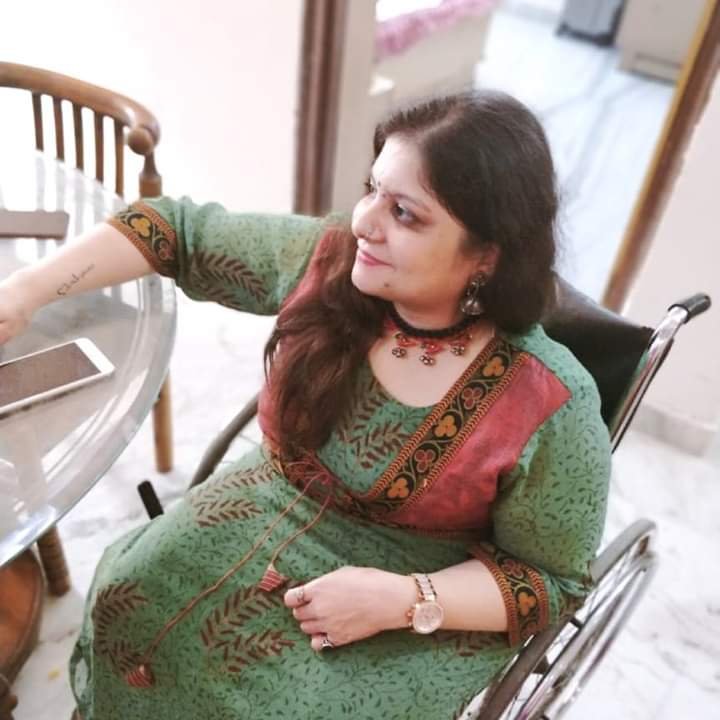Book Review of ‘The Fifth Gospel’ by Ian Caldwell.
Slow burn. Exquisitely slow yet immensely pleasurable burn. The kind that is Caldwell’s literary forte – reading this one, it’s easy to spot his contributions to ‘The Rule of Four’, which he co-authored with Dustin Thomason.
The book is set in the Vatican, a place that continues to remains secret and secretive in so many ways, and is essentially the story of two brothers, an ancient manuscript, and the most famous and controversial relic in Christendom. Tying together these diverse threads, are the four gospels (Matthew, Mark, Luke, John), and the fifth that attempts to unite these into a single compelling narrative of the life and times of Jesus Christ.
Parallel to the main arc, is the personal tragedy that the protagonist is still coming to terms with, and trying to make sense of, when the worst happens, and he has no choice but to play Vatican detective, and go looking where no one wants to, or rather, chooses not to.
The only reason this book hasn’t take the world by storm, the way ‘The Da Vinci Code’ did, is because of its slow pace. Much of the book is set in the short span of three days, but it reads like a chronicle of a lifetime, since the story of the protagonists is as important as the historical background of the manuscript and the relic, and the schism between the Orthodox and Catholic Church.
That’s what I liked most about this book, that unlike a DVC it doesn’t take you on a thrills on wheels style frenetic chase, but still retains an essence of urgency, and an overwhelming need to know – what really happened? Why is the eccentrically brilliant curator of a mysterious upcoming exhibition dead under suspicious circumstances? Why is the priest accused of his murder quiet and why does he refuse to defend himself? And above all, what’s the truth about the ‘Shroud of Turin’?
Incredibly well researched, slow and measured pace, a contemplative narrative, and an outstanding first person voice in ‘Alex’ – this is the kind of book that’s well worth the eight year wait!
Avoid it if you like your thrillers fast, because this book is tantalizingly slow.



